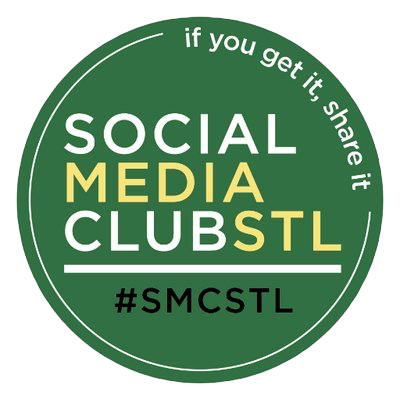Ze Frank (@zefrank), executive vice president of video at BuzzFeed, spoke to a group of media and marketing professionals in St. Louis, MO yesterday. Members of Social Media Club Saint Louis and 314 Digital were invited to Purina's headquarters in downtown St. Louis to hear Ze (pronounced "Zay") speak about some of the elements of video marketing that make Buzzfeed videos so - for lack of a better term - "viral."
He started off his 20-minute talk with an assessment on the current state of social media today: "You might expect we'd see some new content types that we had never seen before, and that hasn't happened," says Ze, referring to popular social media content types such as text, images and video.
He said we've seen "no significant advances in saying 'I'm sorry' in 2,000 years." So if we haven't even changed the way that we say "I'm sorry," and we haven't seen any radical new content formats in recent years, then, Ze says, it's time to rethink "the way we think about growth and success."
Social content is reliant on culture, the individual's background and history. So as marketers interested in creating popular content that gets shared, we have to figure out how to create content that plays to those individuals' culture, background and history.
Ze used an analogy of "the crush" - that head-over-heels obsessive kind of adoration we feel for someone when we have "a crush."
"The content doesn't change in a crush," he says. "That one person becomes special. They are different because the attention you pay to them is so intense. You see many more facets of who they are, and they shine in a different way."
So, much like the way we form a crush on an individual, we have to look at our media opportunity today as giving us more access and opportunity for us, as marketers, to crush on humanity.
"The opportunity right now in media is redefining what it means to be social & what it means to be human. Culturally, we start to form placeholders when we think about people or dogs or any visual," says Ze. "The last ten years has pushed us to a level of understanding media beyond just the placeholders we have for them in our minds and get more specific. Instead of thinking 'What's viral?', Just ask yourself 'Why do I share things with other people?' Watch yourself when you post stuff to see what you write along with posts and videos."
You might find yourself saying things like:
"I never knew people thought like this before."
"Hey we were just talking about this the other day."
When you do this, you are using media as a placeholder for conversation.
Identity is one of the primary ways that we use media to express identity in a way that's better than how you could express it on your own. We identify with media content based on genetic factors, location experiences or orientation, sexual preferences and orientation, race and much more. So the content we produce and put out there as marketers can become popular and resonate well with our audience when it speaks to how people identify themselves.
Ze encouraged his audience to look for the "small subtleties of being a human in a very different way." And this is something that Buzzfeed is very, very good at.
Let's take a look at the three videos that Ze then shared with the group:
"There is a way of crushing on the human experience," says Ze. "Crush on your experience - on things you thought were normal. Don't look for some crazy new paradigm. Just shift your attention toward things that are niche aspects of an individual's perspectives on the world, their identity. This is an ethically rife view of social media."


